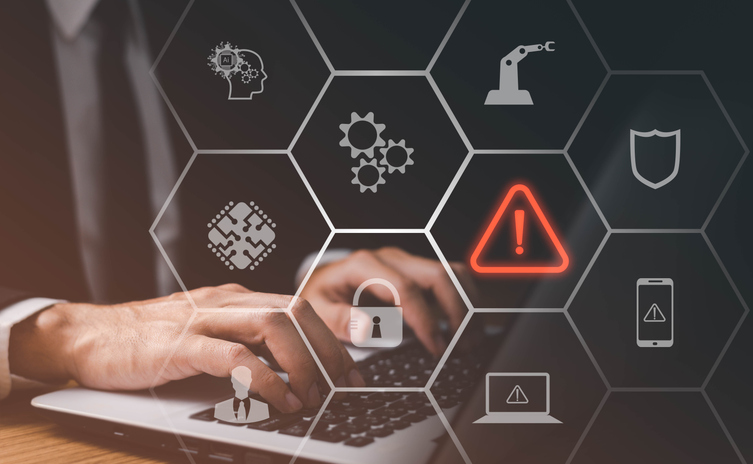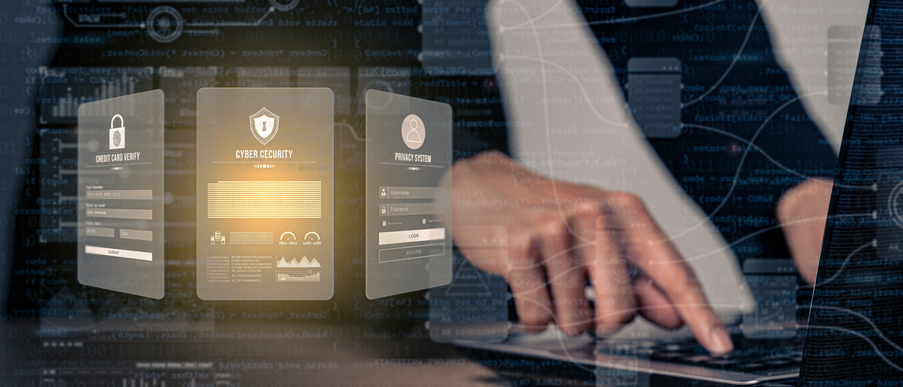4 min read
Ensuring Hardware Security: Best Practices Revealed
Discover the essential best practices for ensuring hardware security and safeguarding your systems against potential threats.
3 min read
 The Amazing Team at Force One
:
Apr 5, 2024 7:45:00 PM
The Amazing Team at Force One
:
Apr 5, 2024 7:45:00 PM
One of the key best practices for cloud security is ensuring data privacy compliance and providing proper employee training. Organizations must adhere to data privacy regulations and standards to protect sensitive information stored in the cloud. This includes implementing measures such as data encryption, access controls, and user authentication to safeguard data from unauthorized access.
Employee training is crucial in building awareness about data privacy and security practices. It helps employees understand their responsibilities in handling sensitive data and reduces the risk of data breaches caused by human errors. Regular training sessions should be conducted to educate employees about the importance of data privacy and the proper handling of data in the cloud.
Privacy and data protection are of utmost importance in cloud security. Cloud environments store vast amounts of sensitive data, including personal information and business-critical data. Understanding the significance of privacy and data protection is essential to prevent data breaches and maintain the trust of customers and stakeholders.
Effective security measures, such as encryption, access controls, and strong authentication mechanisms, should be implemented to protect data against unauthorized access. Regular security assessments and audits should be conducted to identify vulnerabilities and ensure the security of the cloud infrastructure. By prioritizing privacy and data protection, organizations can mitigate the risks associated with cloud security and maintain the confidentiality, integrity, and availability of their data.
One of the fundamental best practices for cloud security is implementing encryption and access control measures. Encryption helps protect data by converting it into unreadable formats that can only be decrypted with the appropriate keys. This ensures that even if unauthorized individuals gain access to the data, they cannot understand or use it.
Access control measures, such as role-based access control (RBAC) and multi-factor authentication (MFA), should be implemented to restrict access to sensitive data stored in the cloud. RBAC ensures that users are granted access based on their roles and responsibilities, reducing the risk of unauthorized access. MFA adds an extra layer of security by requiring users to provide multiple forms of authentication, such as a password and a unique code sent to their mobile device.
By implementing encryption and access control measures, organizations can enhance the security of their cloud infrastructure and protect sensitive data from unauthorized access and misuse.
Regular monitoring and auditing of data access and usage is a crucial best practice for cloud security. It allows organizations to detect and respond to unauthorized access attempts, suspicious activities, and potential data breaches on time.
By implementing robust monitoring tools and conducting regular audits, organizations can identify any anomalies or deviations from normal usage patterns. This enables them to take immediate action to mitigate risks and ensure the security of their cloud environment. Monitoring and auditing also help organizations demonstrate compliance with data privacy regulations and industry standards.
Continuous monitoring and auditing of data access and usage provide organizations with valuable insights into their cloud security posture and enable them to make informed decisions to strengthen their security measures.
Compliance with data privacy regulations is essential for cloud security. Organizations must ensure that they comply with relevant laws and regulations, such as the General Data Protection Regulation (GDPR) and the California Consumer Privacy Act (CCPA), to protect the privacy rights of individuals and avoid legal and financial consequences.
To ensure compliance, organizations should establish clear data privacy policies and procedures, conduct regular privacy impact assessments, and implement appropriate technical and organizational measures to protect personal data. They should also maintain records of data processing activities and be transparent in their data collection, storage, and usage practices.
By prioritizing compliance with data privacy regulations, organizations can build trust with their customers and demonstrate their commitment to protecting personal information in the cloud.
Educating employees on data security best practices is crucial for maintaining cloud security. Employees play a vital role in safeguarding sensitive data and preventing data breaches. By providing comprehensive training and awareness programs, organizations can empower employees to make informed decisions and take appropriate actions to protect data.
Training should cover topics such as password security, safe browsing practices, phishing awareness, and the proper handling of sensitive data. Employees should also be educated about the potential risks and threats associated with cloud environments and the importance of adhering to data privacy and security policies.
Regular reminders and updates on data security best practices should be provided to ensure that employees stay vigilant and maintain a strong security posture in the cloud.
In conclusion, implementing privacy and data protection controls is essential for ensuring cloud security. By following best practices such as ensuring data privacy compliance, implementing encryption and access control measures, regularly monitoring data access and usage, ensuring compliance with data privacy regulations, and educating employees on data security best practices, organizations can mitigate risks and protect their data in the cloud.
If you're interested in more job tips and ways to advance your career in the cybersecurity field, check out more details at ForceOne Cybersecurity. Together, we can build a safer digital future.

4 min read
Discover the essential best practices for ensuring hardware security and safeguarding your systems against potential threats.

5 min read
In the tapestry of today’s digital ecosystem, the threads of network security are woven with both diligence and innovation. Remember the last time...

4 min read
Hello Cyber Enthusiasts! In today's online world, keeping our digital spaces safe is like locking our doors at night. It’s essential. Whether you’re...